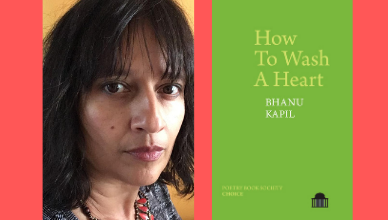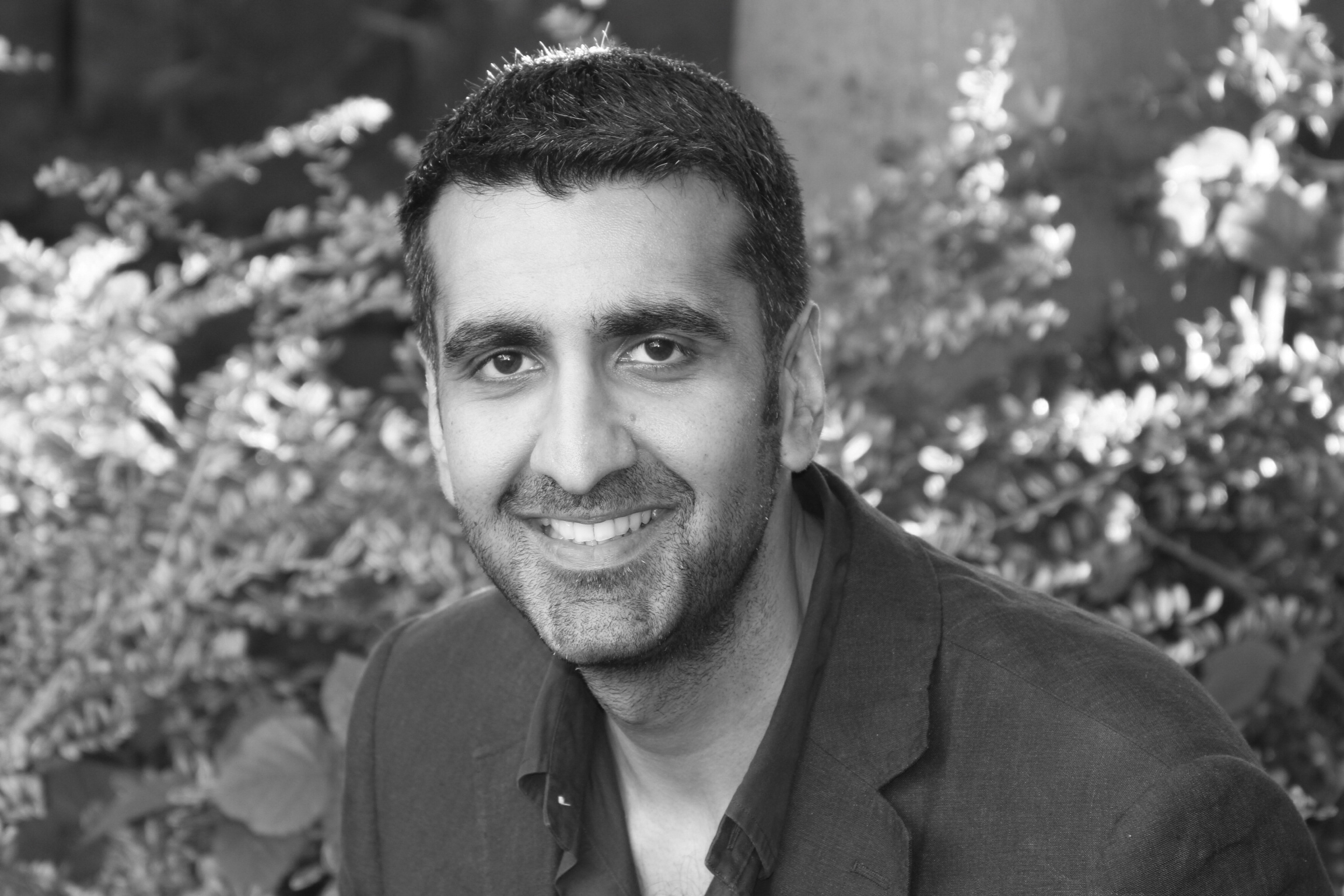What are the experiences of a generation born to immigrant parents in the UK? A collection of personal essays edited by Nikesh Shukla and crowdfunded via Unbound explore race in Britain through the eyes of a new wave of creatives: actors, poets, artists and novelists. This smorgasbord of opinion and experiences is refreshing. Each writer takes the reader by the hand, invites you into their lives, and tells you their story in their own words.
Each essay explores the subject of race and immigration through the lens of first-hand experience. Essay after essay shares with it a sense of displacement and loss, of never quite being accepted or belonging in your hometown, of trying to find a space to be and breathe in a world that doesn’t seem to understand your point of view, and more importantly accept your point of difference. There are such few spaces where these conversations are aired, where these feelings are expressed without interruption that makes this for a powerful reading experience and one that by default exposes the overwhelming invisibility of BME voices in the mainstream.
Riz Ahmed’s Airports and Auditions is a troubling account of being stopped and searched at airports, darkly comical (in the sense that if you didn’t laugh you’ll just cry kind of way) Ahmed details his experience as a jobbing actor making his way through airport security on the way to auditions.
‘The pitfalls of the audition room and the airport interrogation are the same. They are places where the threat of rejection is real. They’re also places where you’re reduced to your marketability or threat-level, where the length of your facial hair can be a deal-breaker’
What ensues is a disturbing surreal situation of Ahmed having to prove that he is just an actor, not merely a terrorist pretending to be an actor while auditioning to play a ‘terrorist’. Again and again. We’ve all been lead to believe that if we have nothing to hide, then we should be O.K. with this; that our airport security is only designed to protect us. If we want to be safe, if we want to protect our freedoms, we must obey the rules and put up with it. Ahmed’s piece exposes the hypocrisy of such a system, one that views some with suspicion by default, and in its gross racial profiling is not only humiliating but possibly illegal.
As Ahmed learns to navigate through this path with a clearly rehearsed ‘gosh’, so too, have immigrants over time, learnt how to play the role of the ‘good immigrant.’ In her essay, Beyond Good Immigrants Ming Kam argues that the Chinese have become the invisible community, they are the good immigrants, ‘sensible, quiet, shy’, they ‘integrate well’. Despite having achieved assimilation, this model minority are ‘not seen as humans, because we never get to be complex individuals. Our defining characteristic is generally our foreignness.’
This dispels the notion that assimilation is the route to becoming accepted by our adopted homes: that if we behave more British, they will like us, and see us as one of them. At school and in the workplace we’re told that if we put our heads down, if we behave in a certain way we will be rewarded. But why and how does this assimilation take place and if we have very little gain, what do we lose in the process?
In one of the standout pieces in the entire publication, Chimene Suleyman discusses the importance of language. In her essay, My Name is My Name she describes how through the process of Anglicisation we counter our fear of rejection. ‘We have learned that our ways make us homeless and fatherless, just as there is a whiteness that is fearless to the point of tenure – unmovable and permanent. We have become chameleons navigating the land.’ Essentially we lose a part of ourselves. In his opening essay, Namaste Shukla describes the use of a third voice, one that is different from the one he grew up with, one that is used in literary circles: ‘I don’t know whether my normal voice where I feel most comfortable, most safe, even feels like anymore. I’ve splintered into personas.’
The publication of this book couldn’t be timelier. Earlier this month, US prize winning novelist, Lionel Shriver has been forced to defend her opening keynote at Brisbane Writers Festival in which she dismissed cultural appropriation, saying she hoped it was just a ‘passing fad.’ When I reviewed my twitter feed on the topic, I found it wholly divided, some felt Shriver had badly missed the point, others were congratulating her on finally speaking out. It seems we have reached an impasse.
Since the Brexit vote, hate crimes have risen. Britain, it seems, is more divided than ever. This book, while written prior to the vote also describes in a matter of fact way the abuse faced by people of colour in an everyday-casual-racism sort of way. It’s important for us all to listen to these voices. It’s more important than ever to have spaces where writers can express these feelings, and share these disgusting experiences. Our voices have for too long been silenced, held back or worst still, regarded as worthless.
It seems apt that I finish on the essay that I think would make a good starting point for anyone new to these issues or wondering why any of this matters. In Darren Chetty’s piece You can’t say that! Chetty makes a good case for equal representation in children’s fiction and wider publishing. He solidifies reasons why it’s absolutely necessary we publish more stories from BME writers with BME characters and why it’s important for children to see themselves in books. Using his teaching practice as an example of the subconscious learning that happens when children only read books about white characters (they struggle to write stories from their own perspectives, instead choosing white spaces and people as a starting point.)
‘I think there is a very significant message that goes out when you cannot see yourself at all in books you are reading. I think is saying ‘well, you may be here, but do you really belong?’ – Malorie Blackman
It’s no easy task to pull together such a collection. Shukla inspires his contributors to write confident pieces, which are brave and heart-warming, as well as deeply personal. Shukla handles this with some self-deprecating humour in his introduction, almost dismissively so, but that doesn’t mean this achievement should be seen as any less than one that it is. This is one of the most important books of our generation – it should have been published decades ago – I’m grateful to Shukla (and Rowling too) that it is published now.
The Good Immigrant is published by Unbound and is out now.

